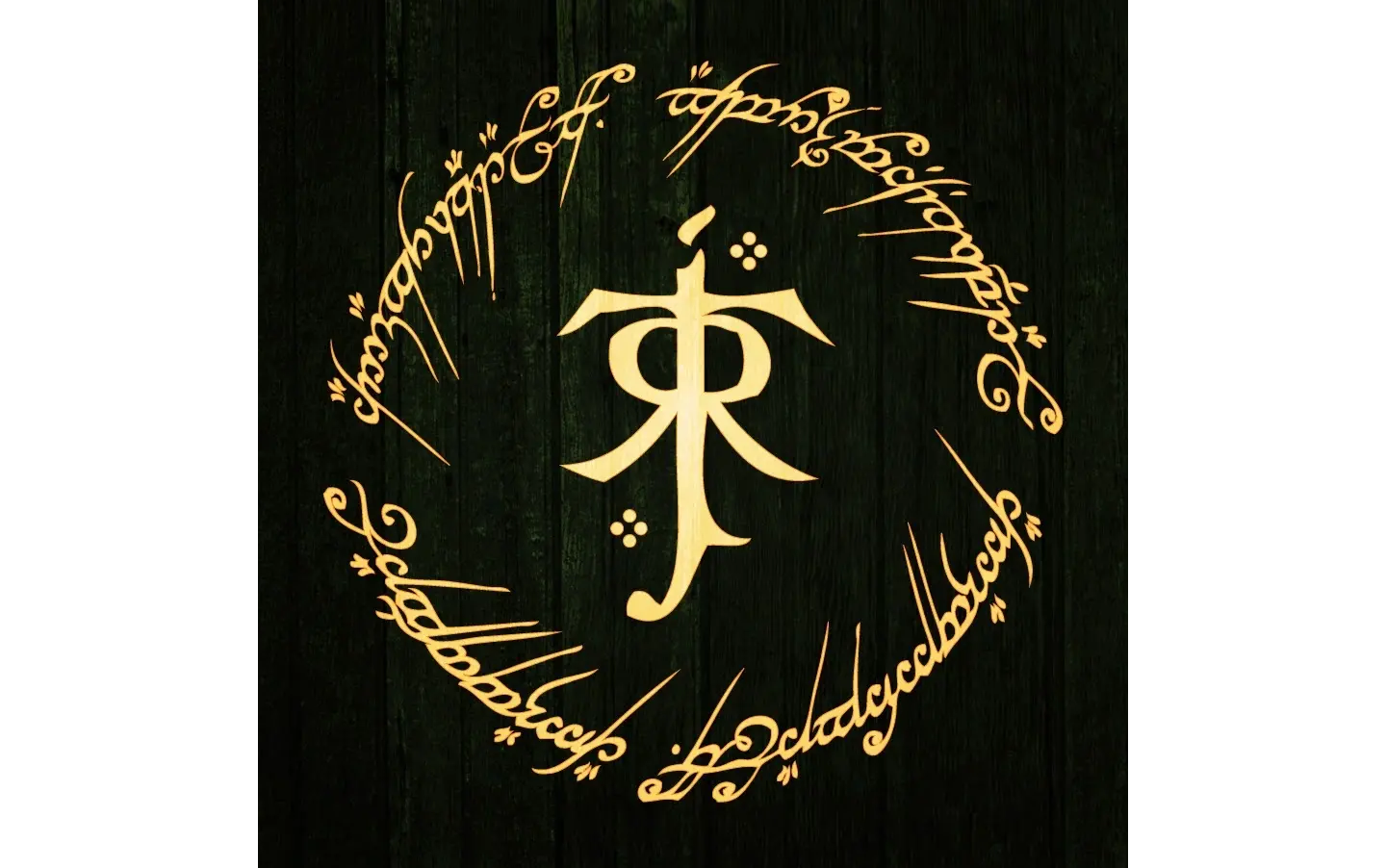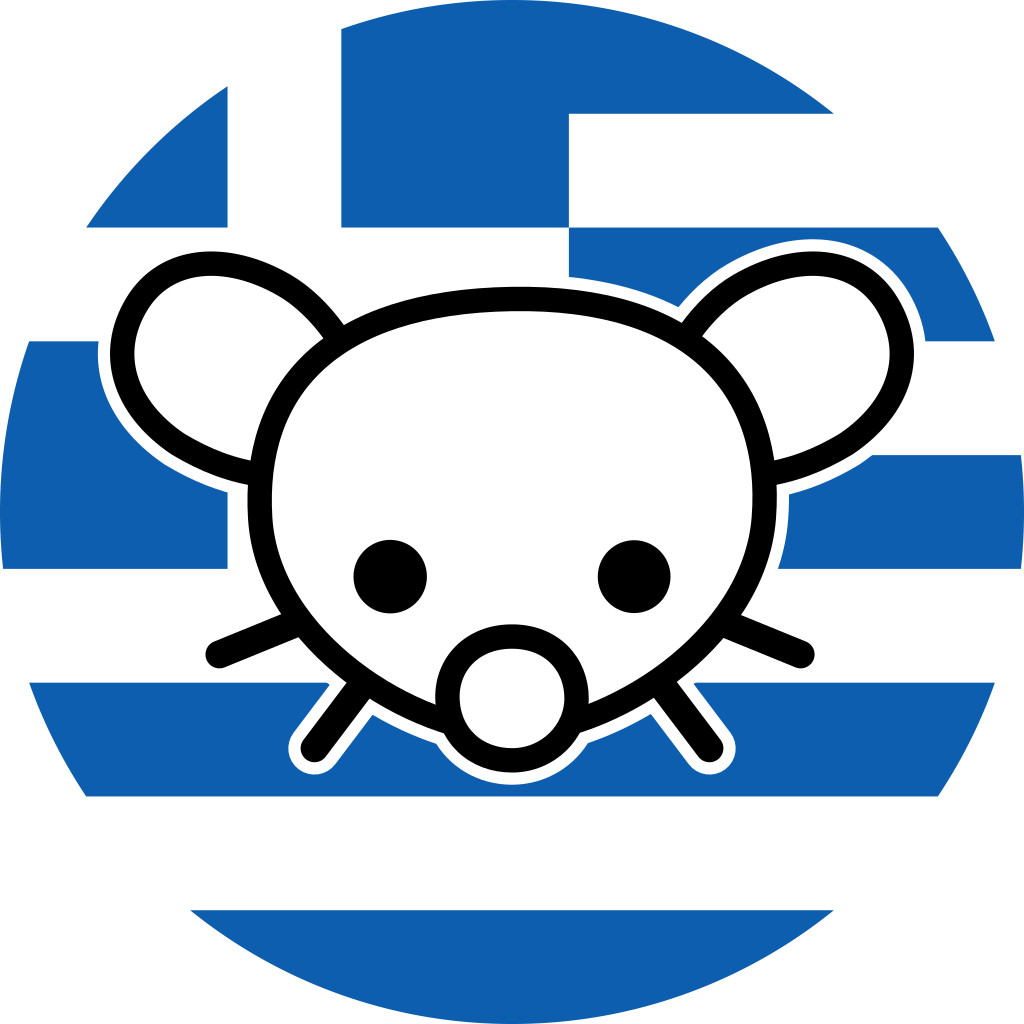

I’m surprised that the effect of major rivers is big enough to be visible on a global map, at least in otherwise saline areas (Amazon, Mississippi, Congo?). Interestingly, the world’s longest river (Nile) which drains into one of the saltiest seas (Mediterranean) doesn’t register on this scale at all.








Most general “must-see” places have already been mentioned, you can’t go wrong with them. I would perhaps throw in Leuven as a good half/one day trip, especially if you’re staying in the center of the country.
I’d suggest to also focus on distinctly Belgian food/activities, which your friend might not have in Germany: visiting a frituur, sampling the local beer/pralines, going for a bike ride, perhaps a cantus if you’re up for that. These are independent of location but are all quintessentially Belgian.